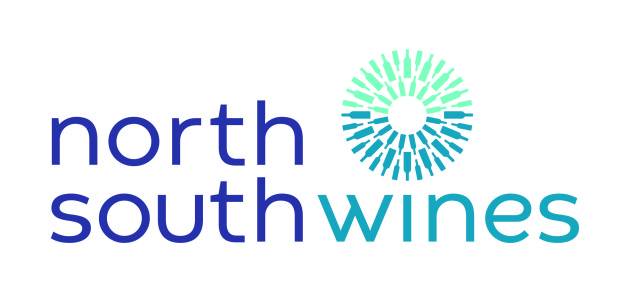
WSET fast-tracks investment for online delivery and digital learning
In response to the Covid-19 pandemic, The Wine & Spirit Education Trust (WSET) is fast-tracking investment plans to bring forward online delivery of all its qualifications.
In addition, the WSET is offering a “blended learning programme” for students, along with enabling providers to provide courses in local languages, allowing them to continue to learn via a mix of online digital classes, webinars and live Q&A sessions, with these enhanced digital options being made available to its 800 plus (now locked-down) course providers globally.
Speaking exclusively to Harpers, WSET chief executive Ian Harris stressed that his “number one priority” was to the health and wellbeing of all WSET staff and extended family of course providers, but that he also wants to show that the organisation is “very much alive and kicking”.
“We want to ensure not just that we survive, but that business is stronger when come out of this, so we are ramping up the speed at which we extend our digital operations,” said Harris.
“Thankfully, we were already planning to up-weight our digital offering, because of the way the world is going, so this has fast tracked that – we’re running more online courses now than we have ever done.”
While investment in some areas has been cut, and some of the WSET’s 140 payroll staff furloughed, Harris said he was relieved to already see some “green shoots, in a small way, in parts of Asia, such as China, South Korea and Taiwan”, where lockdowns are being eased, and in which markets the WSET has proved a highly successful British-based educational export.
Harris, who has been communicating frequently with his teams via daily intranet posts and a weekly video and personal letter, stressed the importance of communication to keep the team together and in good mental health, with the additional challenge of bringing the digital learning plans forward keeping the WSET focused and busy.
“I did some research - on 31 December it was first in the news that Wuhan had this mysterious pneumonia-like virus, then we had Chinese New Year, which would slow down business, but in February we would normally expect to have between 350 to 400 candidates per week doing WSET qualifications and in the whole of February we could count on one hand the numbers, so it ground to a halt in the whole of mainland China,” he recounted, as the novel coronavirus spread.
“Then other markets in Europe were hit badly, in March, various markets stopped running courses, and we closed our own school in March when lockdown started [in the UK].
“I’ve faced a few business challenges in 40 years of work - this is a different scale,” said Harris, adding though that “out of adversity comes new opportunity”.
The upshot is that the WSET has moved fast, redeploying some people to additional online resources, and to date enabling some 200 course providers around world to offer online courses.
“We are also giving our providers the ability to run live streaming courses, which we’ve shied away from in past, because of quality control aspects, but have now given all producers around the world three options,” Harris outlined.
These include: course providers using WSET’s Online Classroom Platform and enrolling students on to scheduled online courses where WSET provides the educator and supports the quality of the student experience; course providers using WSET’s Online Classroom Platform but delivering the course through their own educators; and, for Level 1 & 2 WSET qualifications only, course providers can deliver courses in local languages through online conferencing platforms such as Zoom and Microsoft Teams.
So successful have these approaches been that there is now a backlog of those looking to sit their final exams.
“What this does mean is that now people have done a course through a virtual platform, but will be queuing up to do an exam, we will be bringing fast tracking for online delivery of qualifications, but as it stands at the moment, they have to come to a physical location, which they can’t do until lockdowns are lifted.
Where those lockdowns are beginning to be lifted, such as in China, South Korea and Taiwan, business is picking up again, reports Harris, with physical exams beginning to once again take place.
The decision as to when WSET course providers in individual countries will again begin to offer physical courses will be left to each individual provider, with the emphasis on ensuring that it is safe to do so for both provider and students as lockdown is lifted.
Keywords:
- wine
- China
- Online
- WSET
- Wine Training
- Ian Harris
- Coronavirus
- Covid-19
- Wine & Spirit Education Trust
- digital learning





